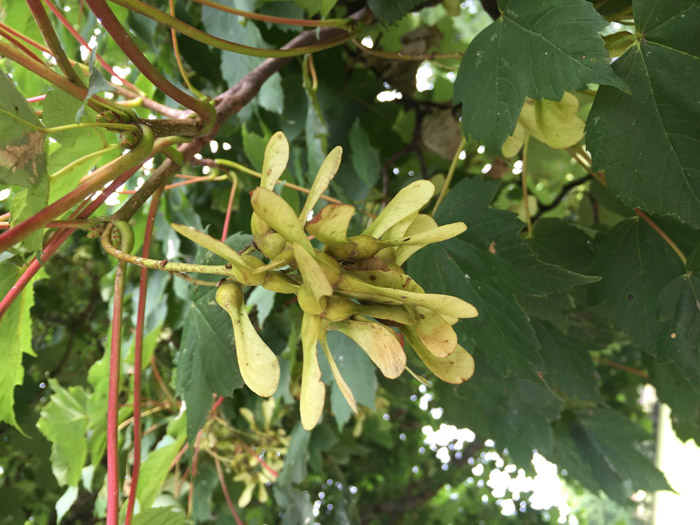As the danger time for atypical myopathy in horses starts, the Royal Veterinary College (RVC) has launched a scheme where landowners can send seeds, seedlings and leaves for testing and find out if they contain the toxin known to cause this often fatal condition.
Atypical myopathy has a mortality rate of 75-90% and is caused by the ingestion of sycamore tree seeds, leaves or seedlings by horses at grass.
Risk factors remain unclear. It is not yet known whether some trees are more toxic than others or whether the amount of toxin varies at certain times of the year or with certain climatic conditions.
Following research supported by The Horse Trust and the RVC’s Animal Care Trust (ACT), the Comparative Neuromuscular Diseases Laboratory at the RVC is now offering testing of seeds, seedlings and leaves for the hypoglycin A toxin known to cause this disorder. To find out if plant samples from your property contain this toxin, you can now send samples directly to the lab where they will be tested at a subsidised cost of £50.
The Comparative Neuromuscular Diseases Laboratory is also offering testing of horse blood and urine samples, submitted by your vet, if they suspect atypical myopathy or in field companions. This should help to establish a much more rapid and accurate diagnosis, and subsequent treatment, than with previous tests.
Professor Richard Piercy, Professor of Comparative Neuromuscular Disease, said: “With the support of the Horse Trust and ACT, and through working with owners in this way, we hope to be able to improve the understanding of atypical myopathy and improve the welfare of horses with this severe condition.”
For more information, see www.rvc.ac.uk


